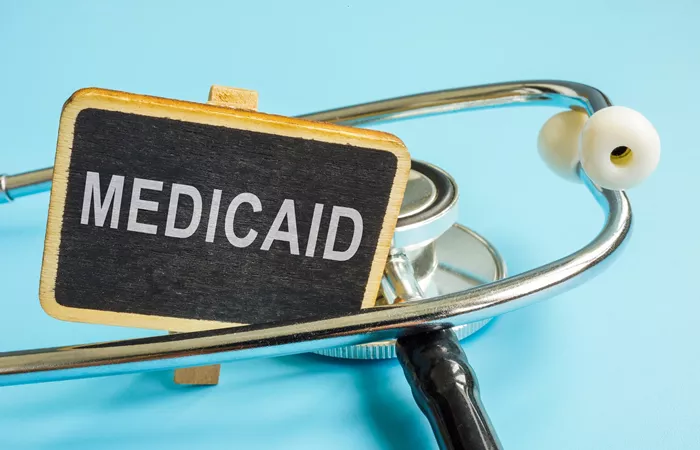Proposed Medicaid cuts in a House Republicans’ domestic policy bill could leave 7.6 million Americans uninsured and cause thousands of preventable deaths, according to a study published in Annals of Internal Medicine.
Researchers estimate the cuts could result in nearly 2 million people losing their primary doctor, 1.3 million skipping needed medications, and 380,000 women missing mammograms. More than 16,600 deaths could occur due to lost access to care.
Dr. Adam Gaffney, lead author and critical care physician at Harvard Medical School, said patients who can’t afford care often develop serious chronic illnesses. The bill, which passed the House in May and is now in the Senate, would cut at least $625 billion in federal Medicaid funding over 10 years.
Dr. Rachel Werner of the University of Pennsylvania, who wasn’t involved in the study, warned that measures meant to curb fraud could end up removing eligible people from Medicaid. “It’s not just about saving money — it’s costing lives,” she said.
The analysis points to three provisions with the greatest impact: work requirements, limiting states’ ability to tax Medicaid providers, and ending a Biden-era rule that streamlined enrollment. Smaller measures, like penalizing states that use funds for undocumented immigrants, add to the estimated coverage loss.
Though around 10.3 million people could lose Medicaid, the estimate assumes some would find other insurance, though the authors say this may be overly optimistic.
Gaffney noted that the work requirements are broader than originally analyzed and could cause the highest number of deaths. Michael Shepherd, a health policy professor at the University of Michigan, called work requirements troubling because most recipients already work, and those who don’t are often caregivers or disabled. The paperwork could create barriers for those with seasonal work or between jobs.
Georgia and Arkansas have tried Medicaid work requirements. Georgia’s remains, but Arkansas’ was struck down in 2019 after people lost coverage despite qualifying.
Dr. Steven Woolf of Virginia Commonwealth University said Medicaid cuts could also leave people with long-term chronic conditions and would combine with other cuts — including to SNAP benefits and the CDC — to harm public health. Rural hospitals, already at risk of closure, could face further strain, threatening care even for those with private insurance.
Experts agree the true harm could exceed the study’s estimates. “We know these cuts will claim lives,” Woolf said. “Trying to quantify exactly how many is challenging.”
Related topics:


